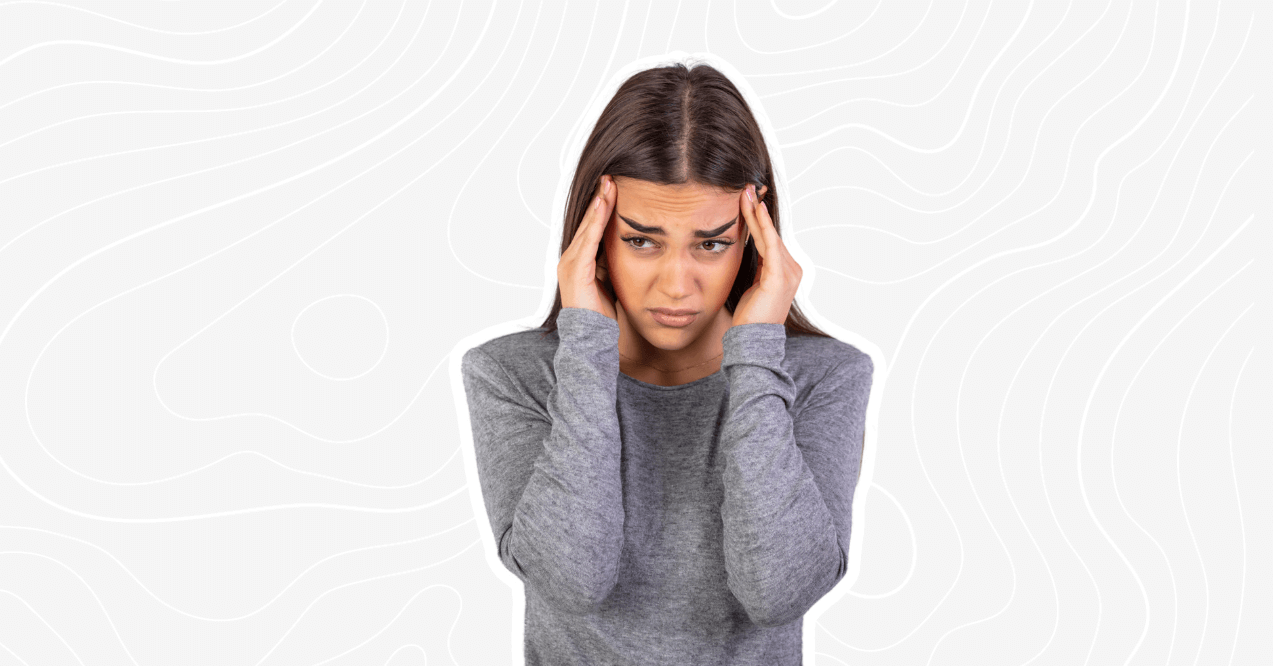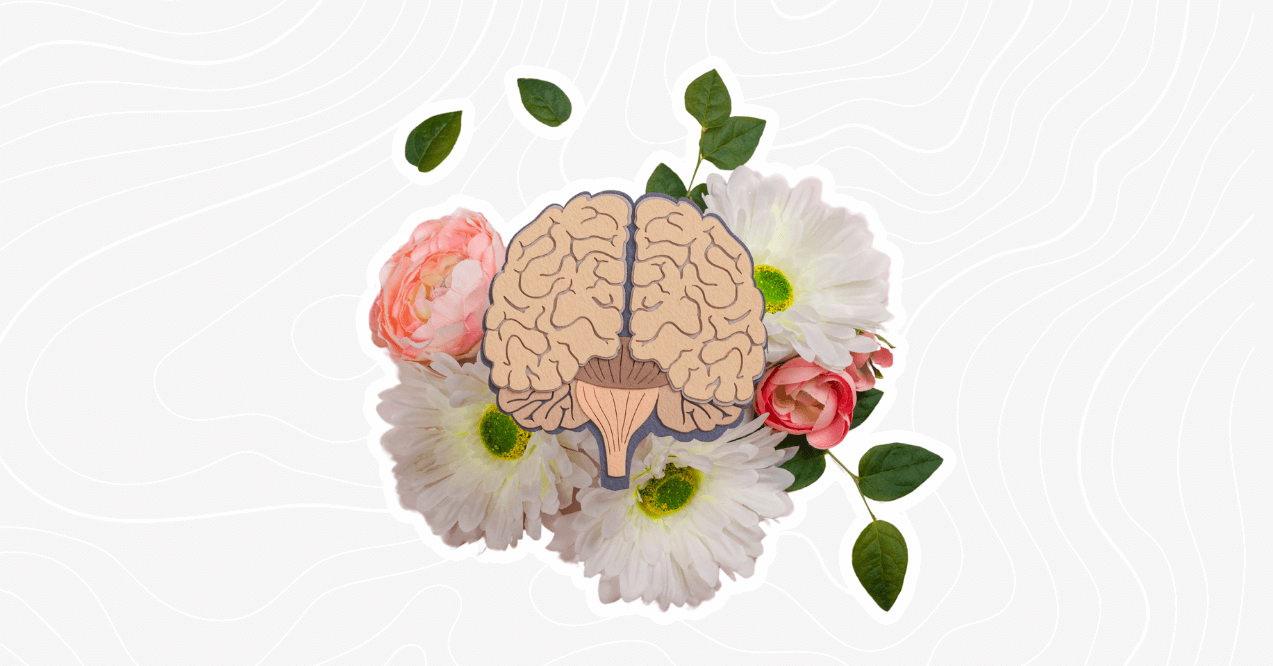Brain Fog After Drinking: Causes, Symptoms, and Prevention Tips
Have you ever had an incredible night out with friends, only to be left feeling mentally foggy the next day? Brain fog after drinking is a common experience, and it can feel like your mind is trapped in a thick haze, making it difficult to concentrate or even perform simple tasks – like adding up numbers or following a recipe.
So, why does this happen? Alcohol interferes with your brain’s ability to function smoothly. It affects your focus and memory, turning tasks that are usually second nature into frustrating challenges. This mental cloudiness can impact not only your professional life but also your personal relationships and overall well-being.
But what can you do about it? Is quitting drinking the only solution, or is there a way to still enjoy a glass of wine without the foggy aftermath? Is it neccessary to drink best brain supplements for adults or the best mood boosting supplements to overcome the fuzziness? One approach is incorporating herbs for mental clarity and superfood powders, which can help to mitigate some of the cognitive sluggishness experienced after drinking. Keep reading to discover how you can enjoy your social life while maintaining sharper cognitive health and learn how to get rid of brain fog migraine.
Key Article Findings:
Understanding Brain Fog After Drinking
Ever wondered why you experience brain fog after drinking? It’s like your thoughts are shrouded in a haze, and simple tasks suddenly feel confusing. After a few drinks, you may notice some common symptoms, such as:
- Memory lapses
- Forgetting things you normally wouldn’t
- Difficulty making decisions
- Trouble concentrating
- Struggles with talking and listening
- Problems with problem-solving
- A sense of not getting much done
- More mistakes than usual
If any of these sound familiar after drinking, your brain is signaling that it’s not reacting well to the alcohol. Your mind needs to stay sharp and clear for daily tasks, so it’s worth considering how much you’re drinking. Drinking responsibly is key to keeping your mind clear and focused!

Can Alcohol Cause Brain Fog?
Does alcohol make your brain foggy? Yes, it can, and here’s how:
- Alcohol interferes with brain chemicals. It lowers the levels of neurotransmitters that keep your brain active while increasing those that slow it down, leading to that foggy feeling.
- Your hippocampus isn’t a fan of alcohol. This part of your brain, responsible for memory formation, struggles to create new memories when you’re drinking, adding to the mental haze.
- Alcohol dehydrates you. When you’re dehydrated, your brain doesn’t get enough blood, oxygen, and nutrients, intensifying the foggy sensation.
- Acetaldehyde – alcohol’s toxic byproduct. As your body breaks down alcohol, it produces acetaldehyde, which negatively impacts your brain and contributes to mental sluggishness.
- Disrupted sleep. Alcohol messes with your sleep cycle, especially REM sleep, which is crucial for brain recovery. Without quality rest, your brain struggles to function at its best.
Other factors can also contribute to brain fog, including poor sleep, dehydration, stress, and even allergies. Many people don’t realize that allergies can trigger mental sluggishness, as inflammation and histamine release can interfere with brain function. Nasal congestion can also limit oxygen flow to the brain, making it harder to concentrate. If you’ve ever felt groggy or unfocused during allergy season, that could be the reason.
How Long Does Brain Fog Last After Drinking?
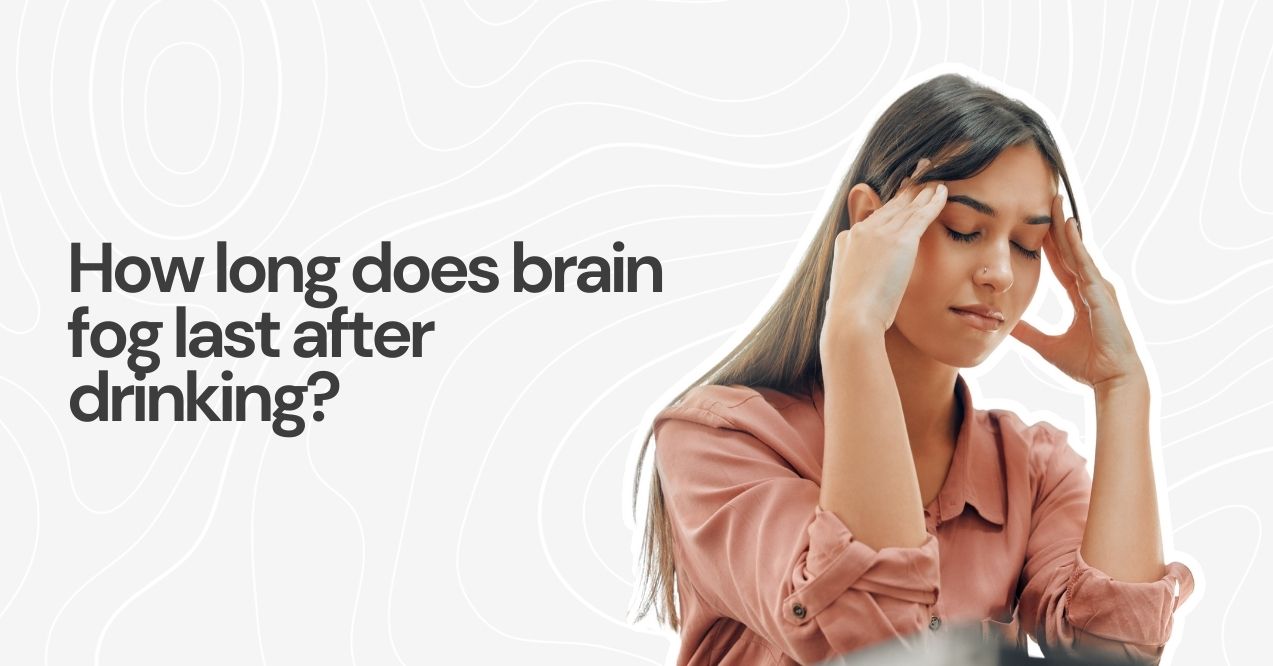
Curious about how long that foggy feeling sticks around after a few drinks? It varies from person to person, but typically, you might feel off for a few hours or even the entire next day. Here’s what affects how long it lasts:
- How much you drank: The more you drink, the longer the fog may linger.
- Your body’s ability to process alcohol: Some people can recover quicker because their bodies are better at metabolizing alcohol.
- Hydration: Alcohol causes dehydration, and being low on fluids can make brain fog worse. Staying hydrated is crucial.
- Food intake: Eating while drinking can slow down alcohol absorption, potentially reducing the intensity of the foggy feeling.
- Sleep quality: Alcohol disrupts sleep, and poor sleep can prolong brain fog.
- Other health factors: Your overall health, medications, and pre-existing conditions can also impact how long the fog lasts.
In most cases, this foggy feeling should clear up within a day. However, if it persists or feels particularly severe, it’s a good idea to consult a doctor. And remember, understanding your limits, staying hydrated, and drinking responsibly can help keep the fog at bay.
Tips on How to Prevent Brain Fog After Drinking
Looking for ways to avoid that frustrating brain fog after a night out? Alcohol can throw your mental gears out of sync, leaving you feeling sluggish and disoriented. But here’s the good news – you don’t have to just accept it. There are simple, effective steps you can take to keep your brain sharp and skip the groggy, confused feeling after drinking.
Wondering what those steps are? This section is full of practical tips and easy adjustments that can make a big difference. From smart drinking habits to small changes in your daily routine, these ideas are all about helping you stay mentally clear and enjoy life without the fog. Let’s dive in!
Abstinence
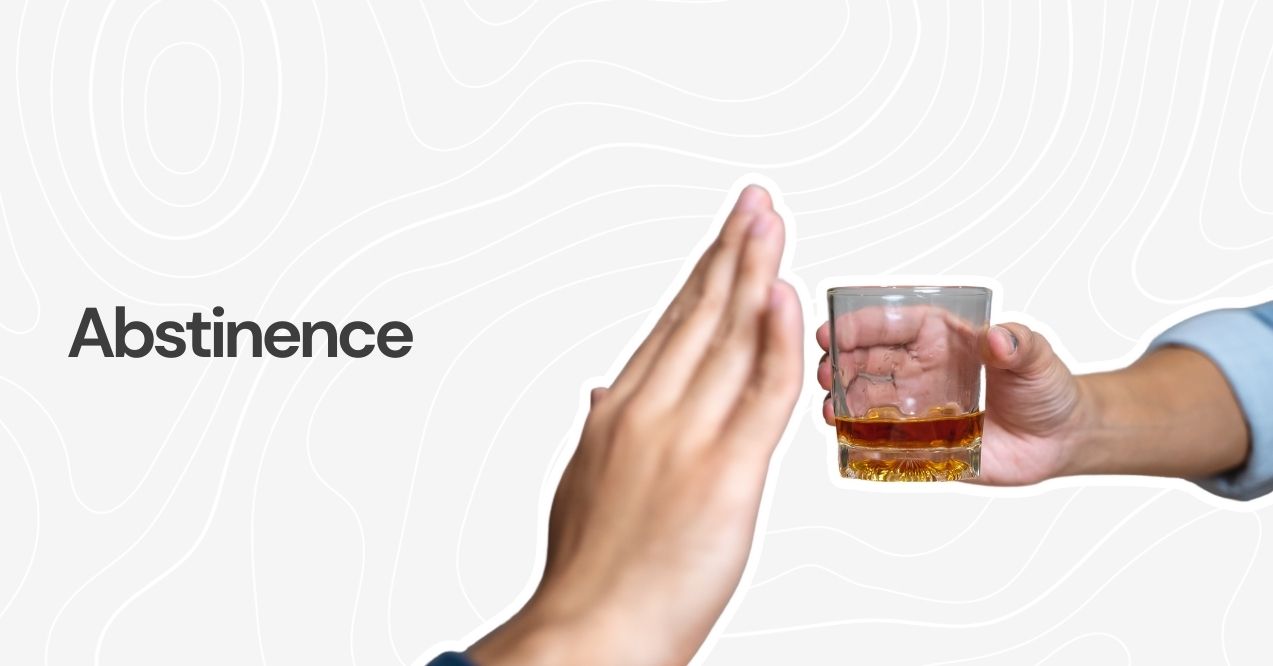
Thinking about cutting out alcohol completely? It could be a smart move if you’re looking to clear up the brain fog that often follows a night of drinking. Here’s why:
- Restores brain clarity: When you stop drinking, your brain has a chance to recover and return to its sharp, clear state. Even a small amount of alcohol can make your brain feel foggy.
- Balances brain function: Alcohol disrupts brain chemistry, affects memory during sleep, and leads to dehydration—all of which contribute to brain fog. By eliminating alcohol, you allow your brain to recover from these effects.
- Overall health benefits: Not drinking is beneficial for your body in many ways, including improved liver and heart health, and even better mental well-being.
- Improved lifestyle: Without alcohol, you may find yourself sleeping more soundly, feeling more active, and experiencing better mood and balance overall. It’s not just about skipping drinks; it’s about enhancing your entire life.
Choosing to cut out alcohol isn’t just about avoiding a drink—it’s about taking charge of your brain and your overall well-being. It’s a choice that can lead to a clearer, healthier, and happier life!
Improved Sleep
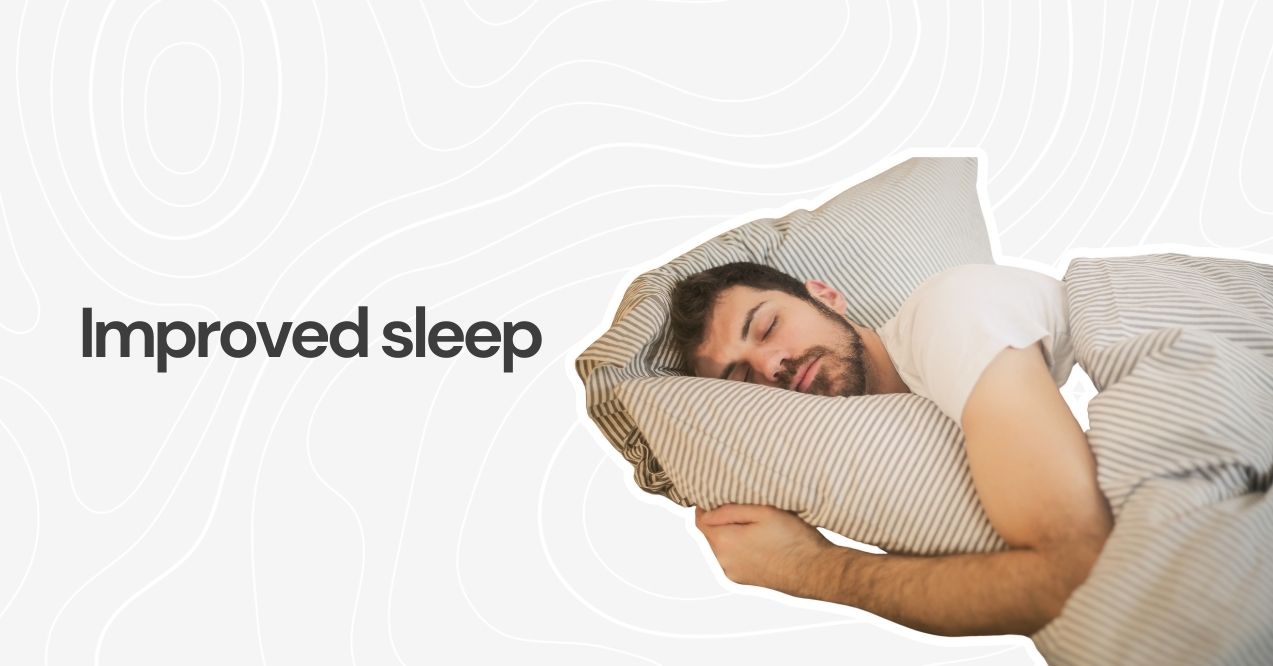
Getting quality sleep is crucial for your brain. Here’s how a restful night benefits you:
- Enhances memory: Sleep is essential for learning and memory. During sleep, your brain organizes and transfers information from short-term to long-term memory.
- Keeps your brain sharp: A good night’s rest boosts your ability to focus, solve problems, make decisions, and even spark creativity.
- Regulates emotions: Sleep helps balance your mood. Without enough rest, you may become irritable, experience mood swings, or react more emotionally to everyday situations.
To keep your brain in top shape, it’s important to prioritize sleep. This means sticking to a consistent sleep schedule, creating a comfortable sleep environment, and winding down with relaxing activities before bed. Prioritizing sleep is key to both mental clarity and overall well-being!
Good Nutrition
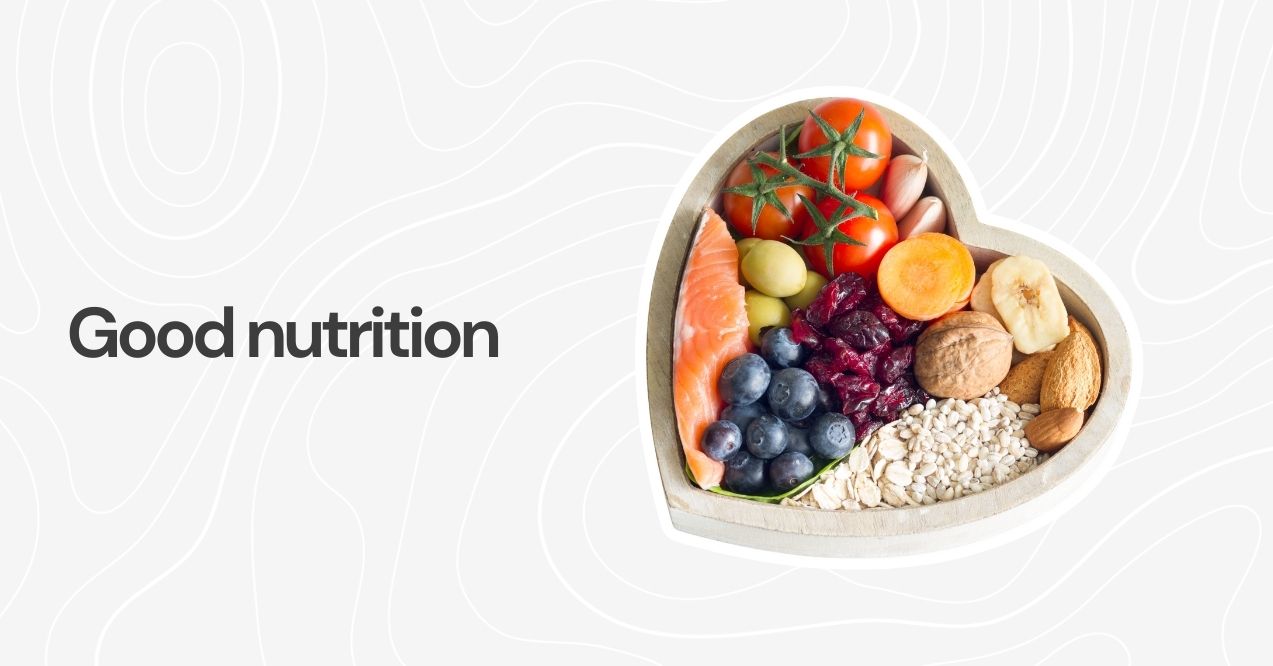
If you’re looking to bounce back from that fuzzy-headed feeling after drinking, take a closer look at what you’re eating. While a detox diet might sound extreme, it’s a demi-decent way to cleanse your body of unwanted toxins. An even simpler approach? Consider supplements with natural ingredients to give your body what it needs to work at its best.
One option is Trumeta’s Metabolic Reds. Just mix a pack with water each day for a health boost and better performance. It’s designed to ramp up your metabolism, support your immune system, enhance endurance, and speed up recovery after exercise. Plus, it’s tasty and easy to make.

What makes Metabolic Reds so special? It’s packed with powerhouse ingredients like:
- Acai berry, acacia gum, Ceylon cinnamon bark, green tea
- Cordyceps, reishi, king oyster, shiitake, lion’s mane, and turkey tail mushrooms
- Beetroot, blueberry, raspberry, banana, apple, and strawberry
Especially for busy millennials who might skip meals or eat on the go, Trumeta offers a convenient way to supplement your diet. Their subscription service delivers these supplements to your door every month. Expect an uptick in productivity and focus, and alleviate digestive woes. Metabolic Reds is all about giving you the energy to accomplish more.
Regular Exercise
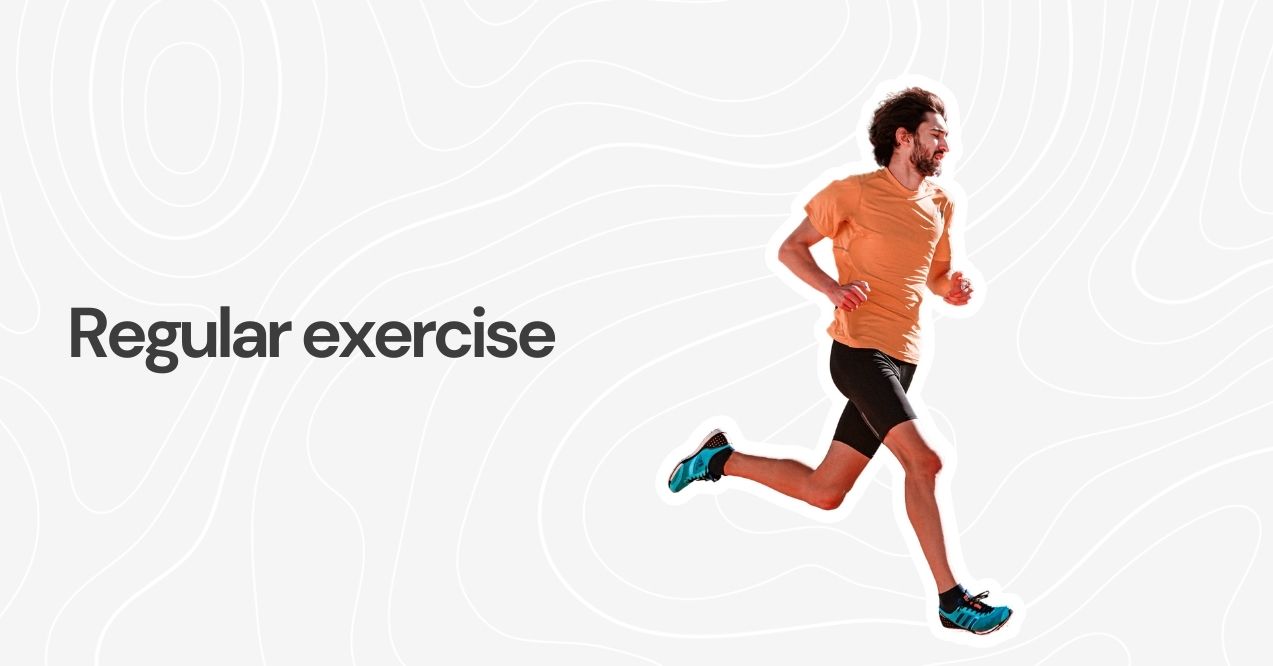
Getting active can be a game-changer when it comes to clearing up brain fog after drinking. How about committing to just 30 minutes of exercise, five days a week? It’s not only great for your body – it’s a major boost for your brain, too.
Whether you enjoy brisk walks, jogging, or your favorite workout routine, regular exercise is essential for keeping your mind sharp. It helps reduce inflammation, improves blood flow, balances brain chemicals, lowers stress, boosts those feel-good endorphins, and even promotes better sleep. So, even if you’re feeling a little foggy from a hangover, try squeezing in some exercise – your brain will thank you!
Mental Breaks
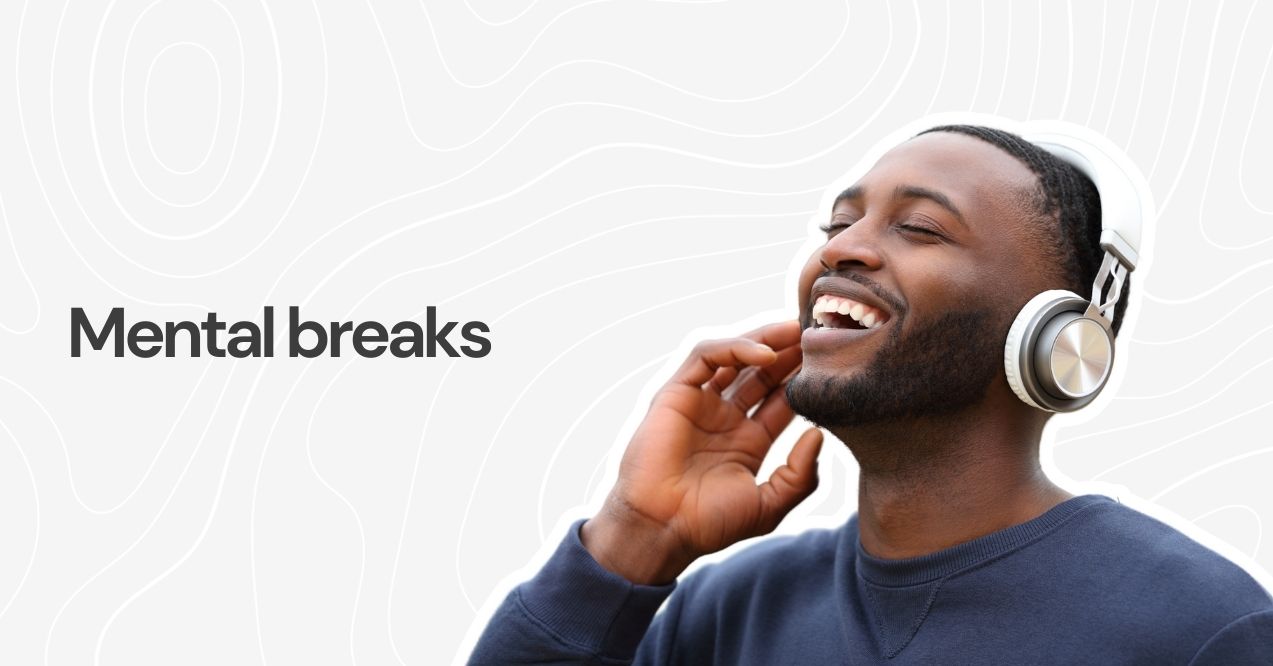
Want to get rid of that brain fog and feel sharper? Try taking short breaks throughout your day. Here’s why they’re helpful and what you can do:
- Walk: Enhances blood flow and sharpens concentration.
- Music: Calming tunes help reset your mind.
- Mindfulness: Deep breathing exercises to relieve stress.
- Less Screen Time: Swap screens for reading or enjoying nature.
- Hydration: Drink water to stay sharp and prevent brain fog.
- Micro-Meditation: Short sessions to promote focused relaxation.
Taking these short breaks can be a game-changer for clearing brain fog and boosting mental health. The best part? You can tailor them to your preferences and needs – making them work for you!
Cold Showers
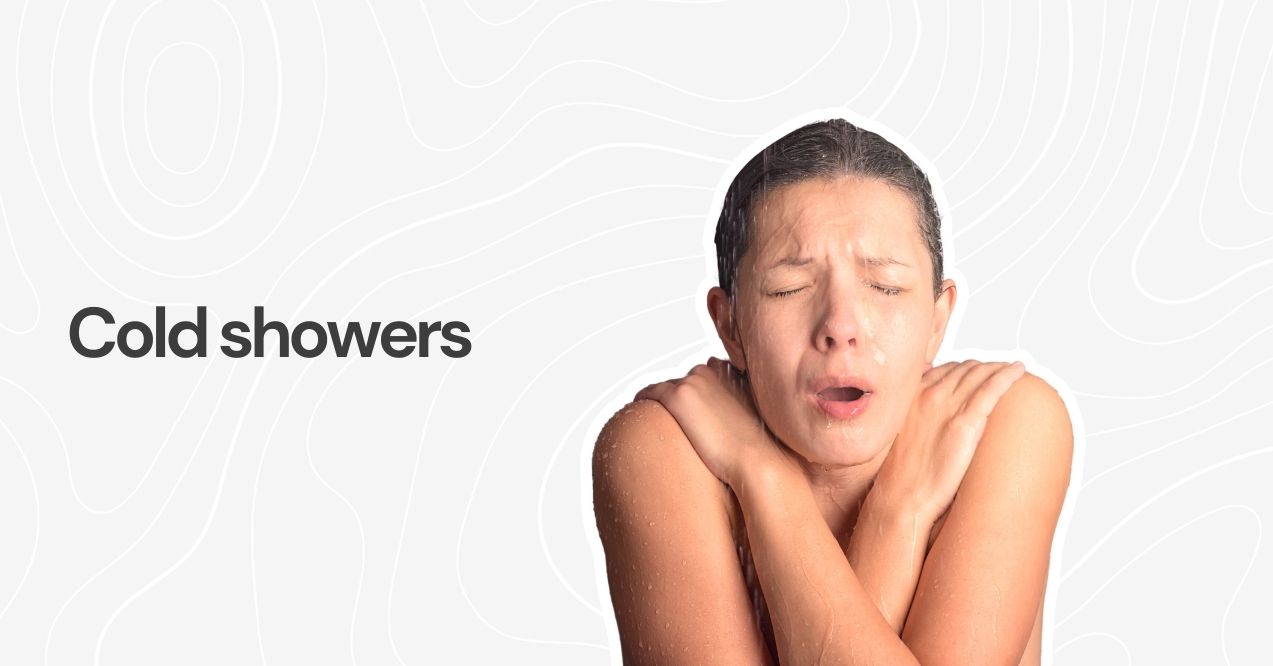
A cold shower might not be a cure-all, but it can give you a quick boost when brain fog sets in after a night of drinking.
Here’s why it works: Cold showers have a refreshing, invigorating effect. The cold water stimulates your nervous system, waking you up and making you feel more alert. This can help shake off the sluggishness and fatigue that often follow drinking. Plus, the cold water boosts blood circulation, delivering more oxygen to your brain—giving your mental sharpness a temporary lift.
Final Thoughts
Dealing with brain fog after drinking isn’t fun, but it doesn’t have to be a given. By being mindful of your drinking habits, you can protect your brain from the negative effects of alcohol.
Now that you know the key strategies, it’s time to take action. Here’s a quick recap:
- Drink less alcohol.
- Get plenty of sleep.
- Stick to a healthy diet, and consider supplements.
- Exercise regularly.
- Try cold showers for a quick boost.
These simple steps can help you stay mentally sharp and enjoy life without the fog!life. So, no more excuses! It’s time to be the best version of yourself, clear-headed and ready for anything!
With alcohol comes dehydration, neurotransmitter imbalance, and impaired sleep. Alcoholic drinks also come with toxic effects and cause nutrient depletion. However, the severity of brain fog varies depending on tolerance, use frequency, and amount of alcohol consumed.
Alcohol inhibits your ability to form memories, which is why you may not be able to remember events when under the influence. Even if memory formation occurs, you may find it difficult to retrieve information later.
Abstinence is key. If you find that difficult, remember to hydrate, get enough rest, eat well, and exercise. Aside from that, stimulate your brain with cognitive challenges and practice mindfulness.
After drinking, you may feel tired, nauseous, dizzy, or have a headache. Essentially, your body is responding to the alcohol, which is a toxin.
Advertisement. This site offers health, wellness, fitness and nutritional information and is designed for educational purposes only. You should not rely on this information as a substitute for, nor does it replace, professional medical advice, diagnosis, or treatment. If you have any concerns or questions about your health, you should always consult with a physician or other health-care professional. Do not disregard, avoid or delay obtaining medical or health related advice from your health-care professional because of something you may have read on this site. The use of any information provided on this site is solely at your own risk.


